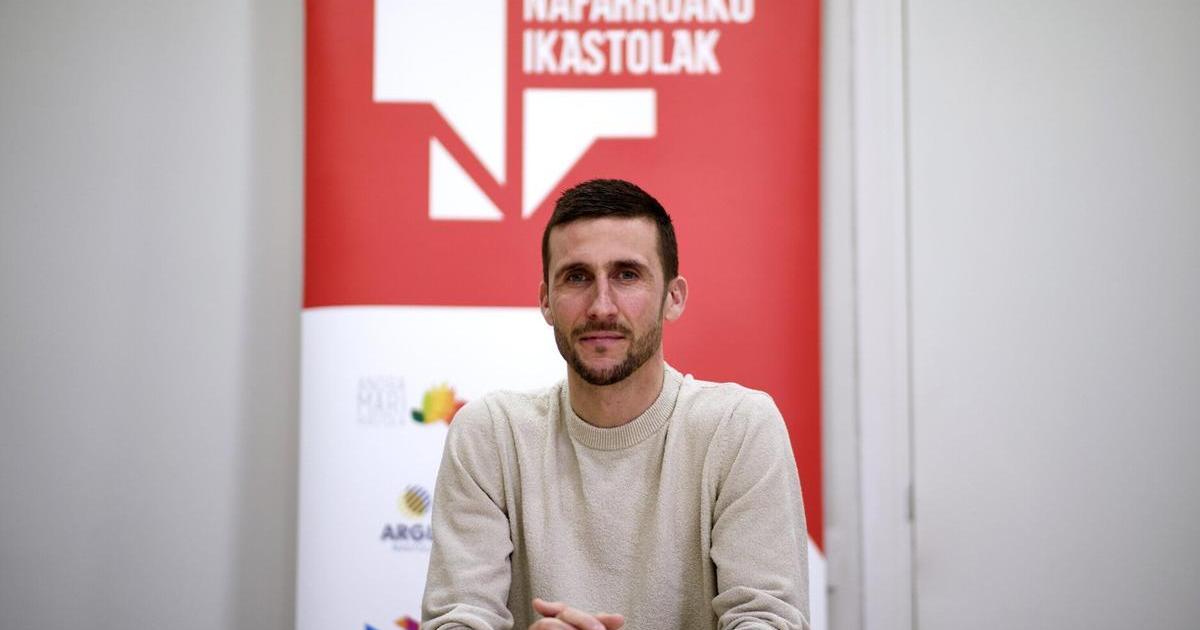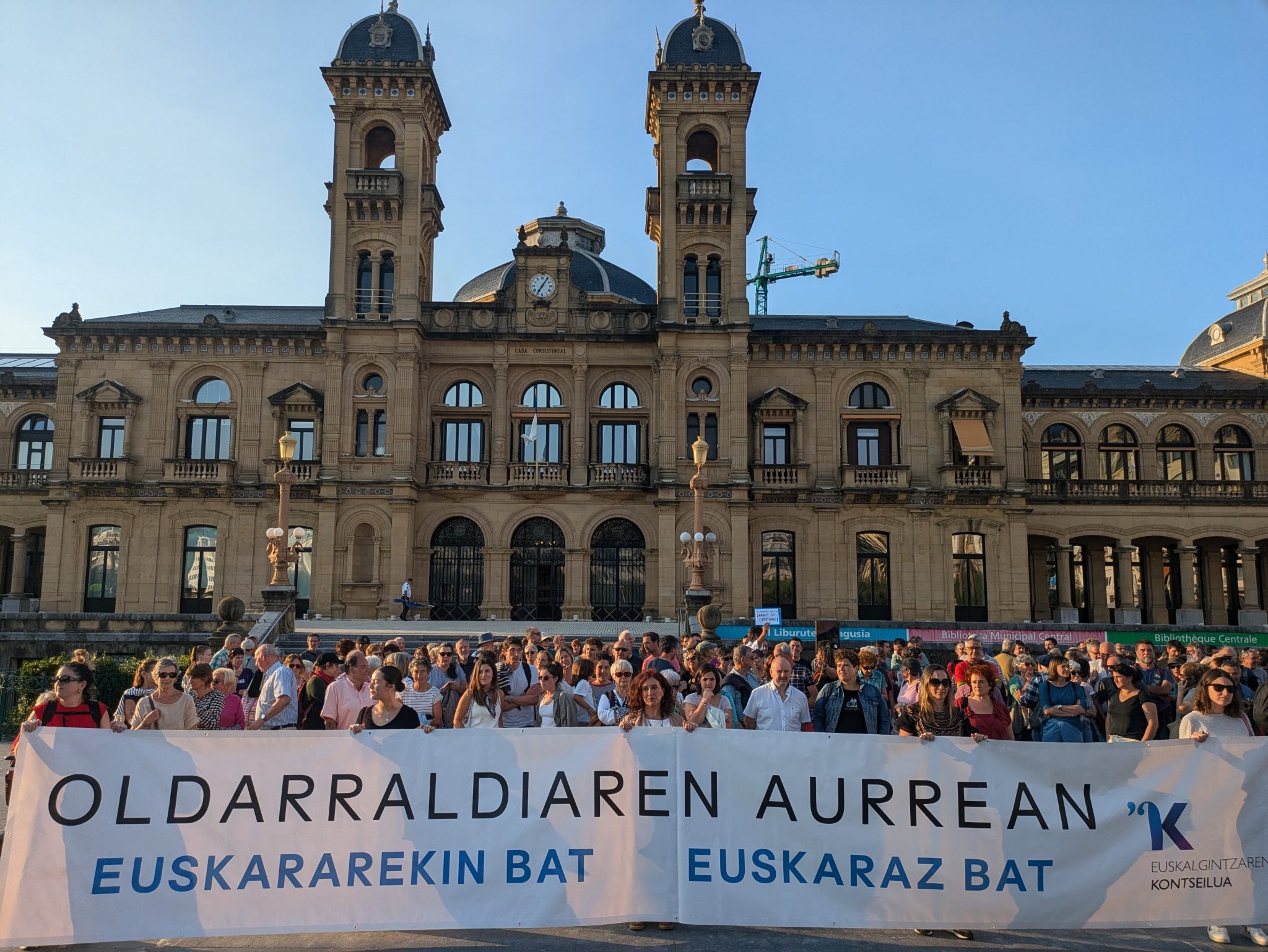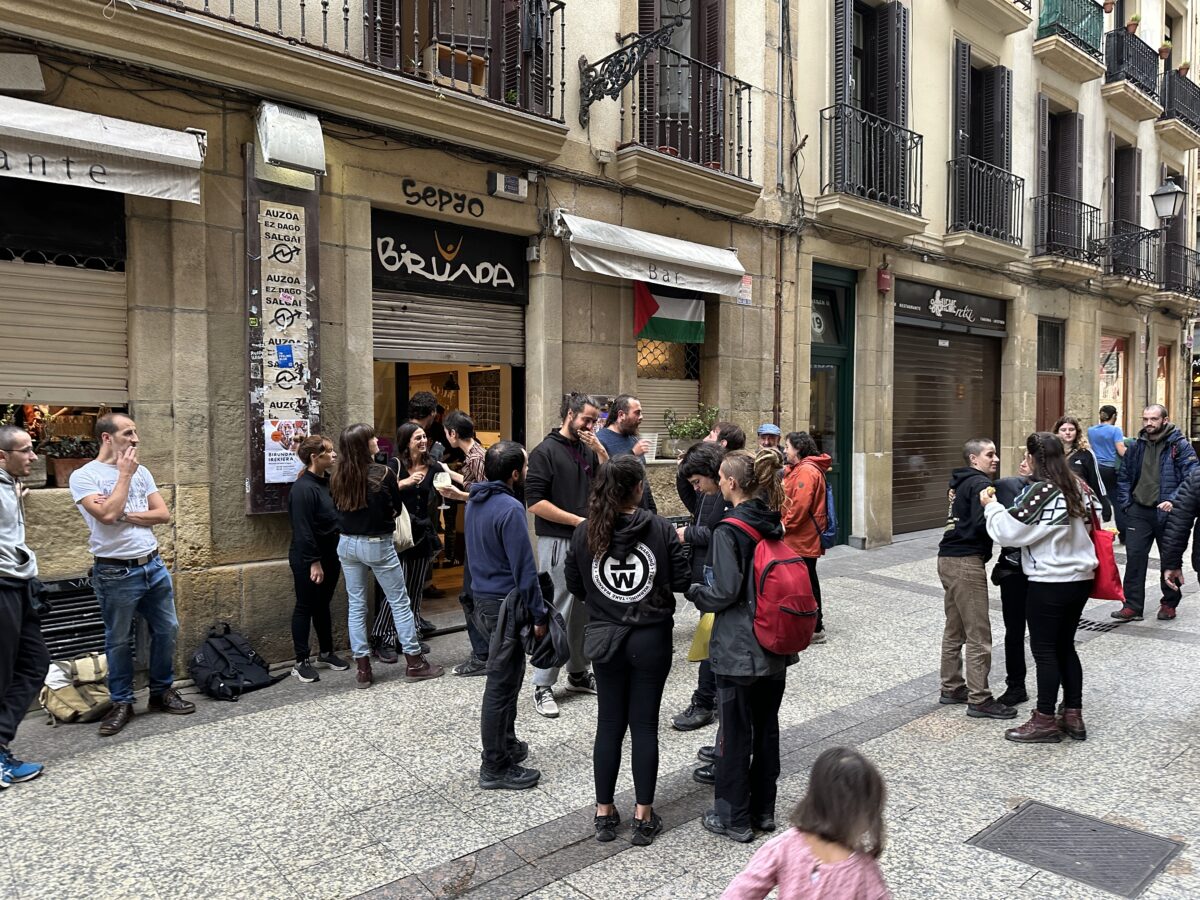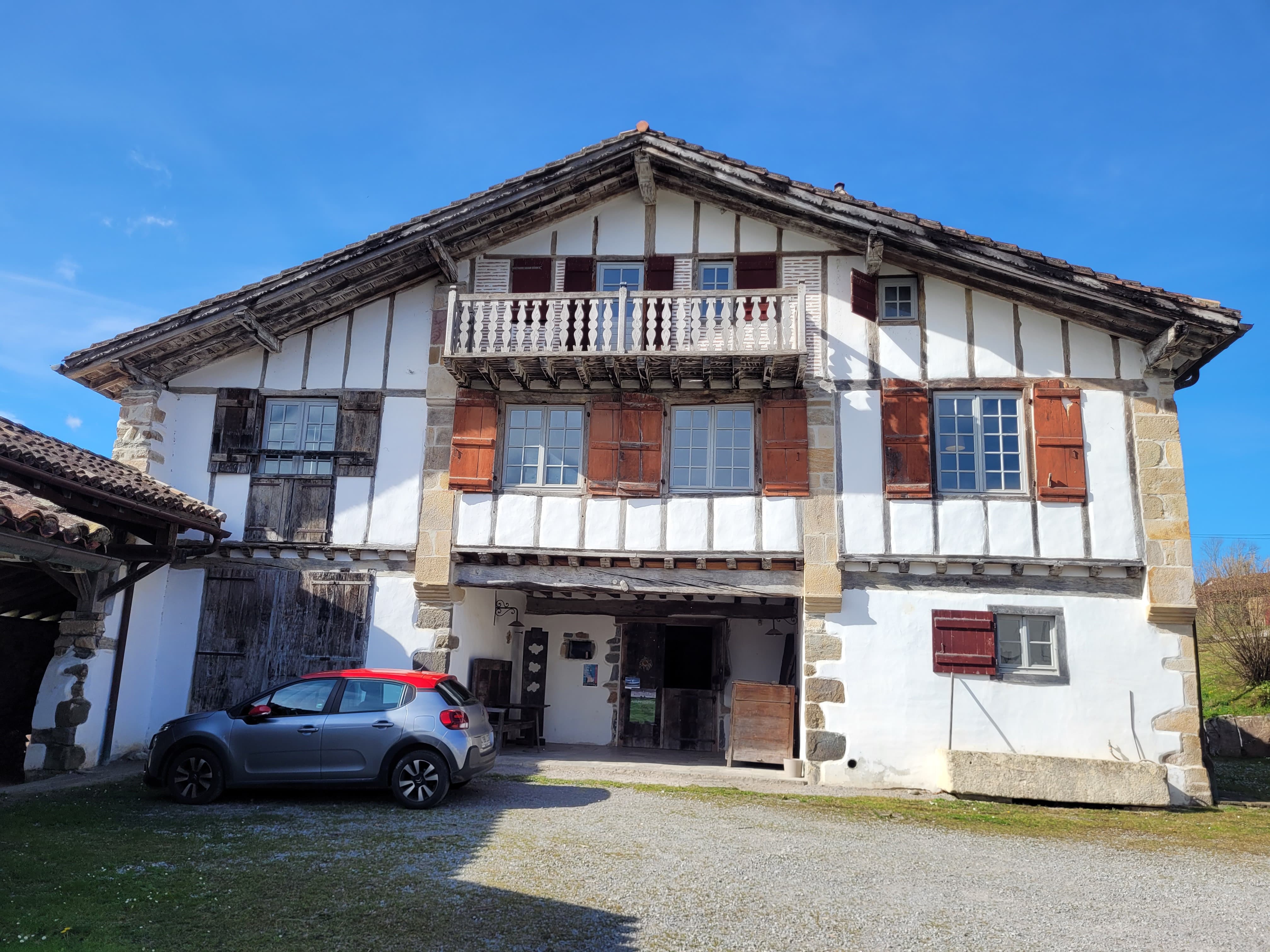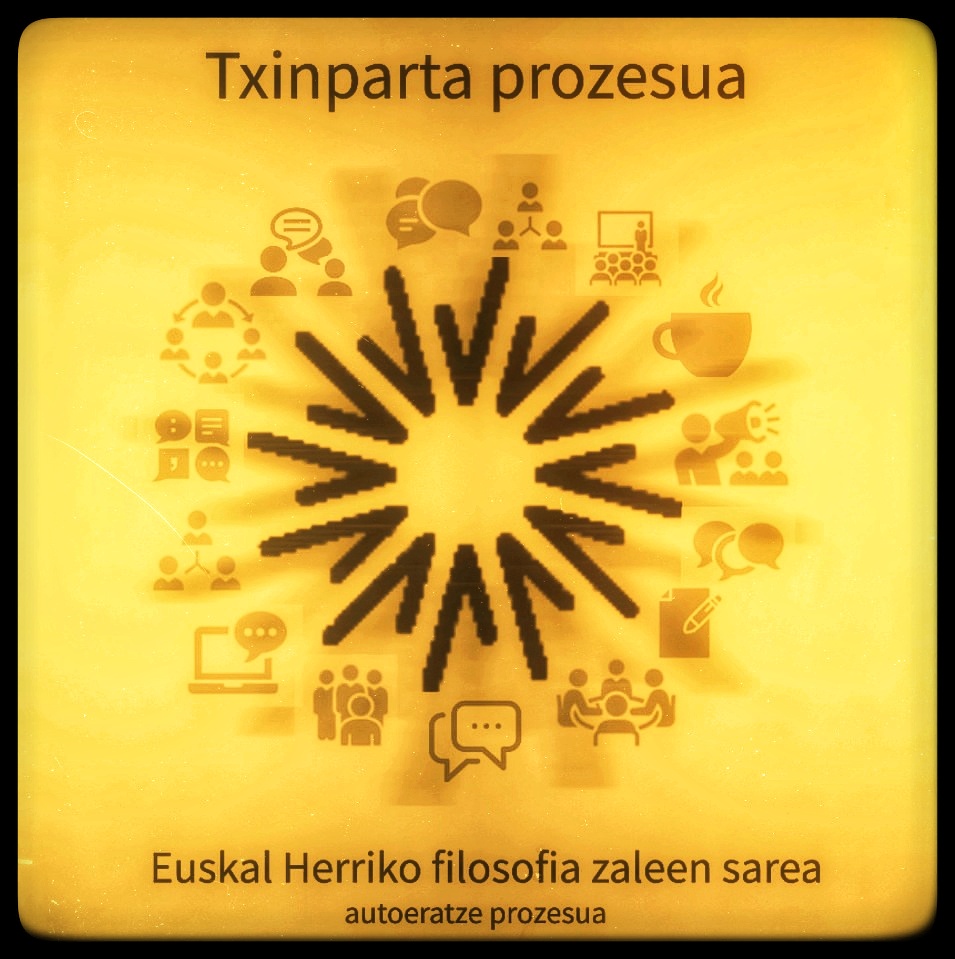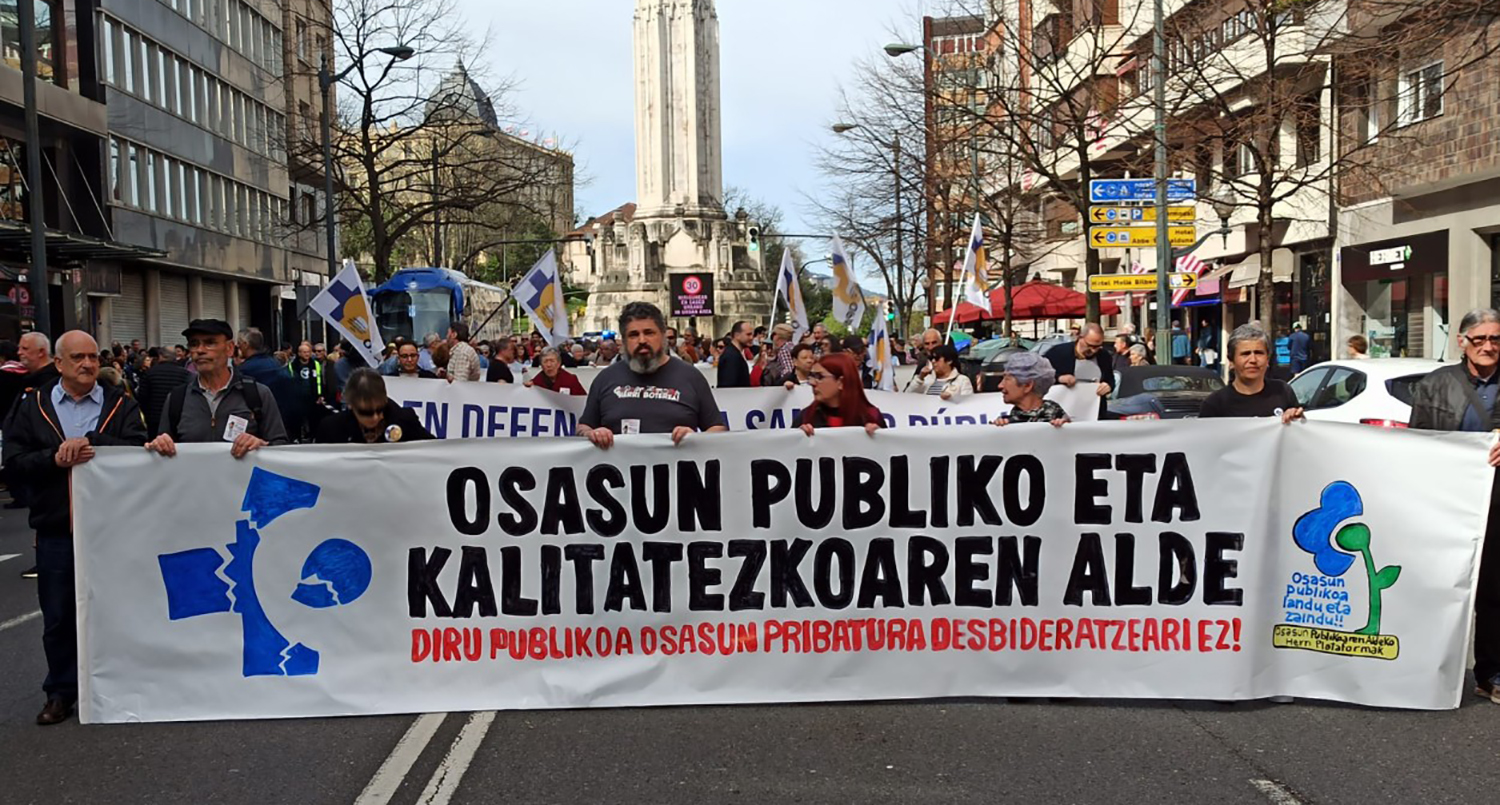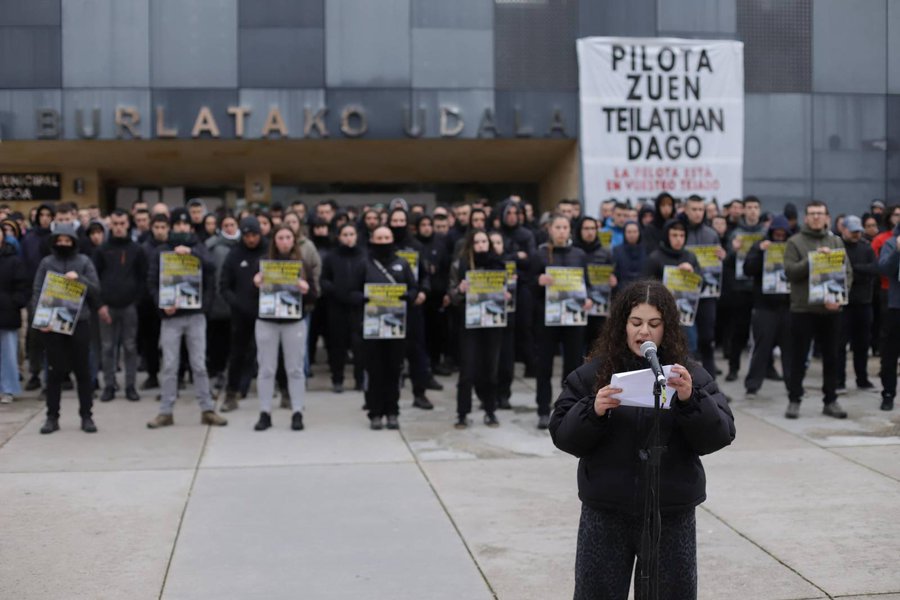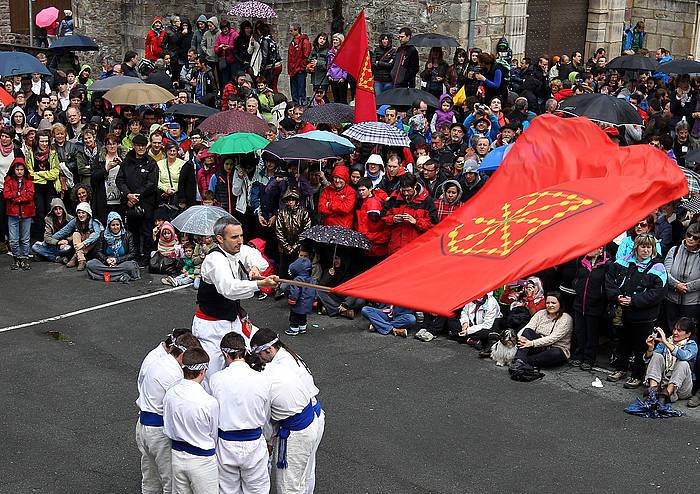A book not to repent
- Not regretting Itxaso Araque Barriuso Elkar, 2013
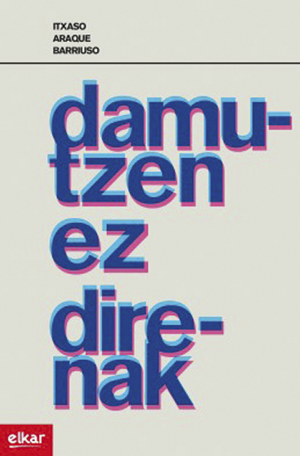
Those who do not repent are thus called the novel by the young writer Itxaso Araque. The 248 pages that make up the book are read fluently and pleasantly, for various reasons. Three characters, three scenes, three stories and three narrators.
Stuart, Andreas and Naroa star in the three stories collected here. Three young people, perhaps, show a generation of about 30 years, spread across so many other European cities: Berlin, Milan and London. As cosmopolitanism is evident, there is also no shortage of the problems encountered in the massive big cities: the success and risks of ambition, the gross social hierarchy and the importance of social status, corruption of power, violent individualism, the difficulty of “real” relations.
The internal debate comes when all those values that govern the system, and to a large extent our lives, lead to a certain exclusion from personal principles: we have to do a lot of things that we don't like in life. We can't always do what our minds send us. Whether we want it or not, we need money to survive (e.g. 191). In psychoanalytical terms, the tension between the self and the other self has seemed to me to be one of the constants of the novel that unites the stories of the protagonists, each in their personal expression.
They tell us that as children we can get everything we want and encourage us to create dreams (p. 192). We live under a discourse that pushes us to succeed and, for different reasons, we acquire the habit of not listening to our desires. At one point, however, you realize that you miss out on what you have left on the road (e.g. 185), and the characters feel powerless to move on. At that tipping point, trapped between the past and the present, they try to redirect the dreams of youth, at a point of repentance or not from what they have done so far.
The reader becomes a witness to this trajectory of the characters; when we see their fears and uncertainties discussing with the outside world, once again, we assume the consciousness of a society in which we participate.
These are the reasons why he does not regret having come to the book of Itxaso Araque Barriuso.
Nafarroako Ikastolen Elkarteak lehendakari berria du. Oier Sanjurjok hartu dio lekukoa Elena Zabaleta Andresenari. Beste zazpi kide izanen ditu alboan Sanjurjok.
ELA sindikatuak azaldu duenez, azken Lan Eskaintza Publikoaren oinarrien arabera, Ertzaintzarako eskainitako lanpostuen %20ak eta Udaltzaingoaren %30ak ez daukate euskara-eskakizunik. Gasteizen, adibidez, udaltzain-lanpostuen erdietan, 24tan, ez dago euskara-eskakizunik.
Ustez, lokalaren jabetza eskuratu dutenek bidali dituzte sarrailagileak sarraila aldatzera; Ertzaintzak babestuta aritu dira hori egiten. Birundak epaiketa bat irabazi du duela gutxi.
Inoren Ero Ni + Lisabö
Noiz: martxoaren 14an.
Non: Gasteizko Jimmy Jazz aretoan.
----------------------------------------------------
Izotz-arriskuaren seinalea autoko pantailatxoan. Urkiola, bere mendilerro eta baso. Kontzertuetara bideko ohiko errituala: Inoren... [+]
Euskalgintzak Senpereko Larraldea etxea faltan botako du. Uda gabe, Bertsularien lagunak, bertan gelditzen den azken elkarteak, lekuz aldatuko du eta etxea hetsiko dute. Euskararen, euskal kulturaren eta arteen ohantzea izan da Larraldea, urte luzetan Andoni Iturrioz mezenasak... [+]
Berrogei urte dira Euskal Herrian autismoaren inguruko lehen azterketak eta zerbitzuak hasi zirela. Urte hauetan asko aldatu da autismoaz dakiguna. Uste baino heterogeneoagoa da. Uste baino ohikoagoa. Normalagoa.
Txinparta izeneko prozesua Martxoaren 21ean hasiko da eta urte bete iraungo du. "Udaberriaren hasierarekin batera proiektu herritar berri bat" aurkeztu nahi dutela adierazi dute.
PP, Vox, Junts eta EAJren botoekin Espainiako Kongresuak onartu du otsoa espezie babestuen zerrendatik ateratzea eta, horren ondorioz, berriz ehizatu ahal izango dute Duero ibaitik iparrera.
Itxaron zerrendak gutxitzeko Osasunbideak hartutako estrategiak gaitzetsi ditu Plataformak
Protestak 24 ordu bete dituenean, suhiltzaileak bertaratu dira udaletxera eta kateak moztu dizkiete bi gazteei. Bi kateatuek gaua bertan igarotzea "udaletxearen hautua" izan dela adierazi du Gazte Asanbladak, eta udalaren ordezkariek "ekintza deslegitimatzeko eta bi... [+]
Ez da gauza berria politikari profesionalak gizarteko arazoak estaltzeko ahaleginetan ibiltzea. Azkenaldian Denis Itxaso -EAEko Etxebizitza sailburua- entzun dugu etxegabetzeei garrantzia kenduz eta aditzera emanez gurean bazterreko fenomenoa direla; eta Begoña Alfaro... [+]
Iruñeko Zaldiko Maldiko Elkartean eta Baigorriko Bixentainean aurkeztu da aurtengo Nafarroaren Eguna, egun berean. Ohi bezala, apirileko azken igandearekin bat egingo da festa Baigorrin, eta horrez gain, apirilean hainbat ekitaldi egingo dira eskualdean.
Antropozentrismoaren aldaera traketsena eurozentrismoa izan zen. Europako mendebaldea, geografikoki, Kontinente Euroasiarraren penintsula txiki bat besterik ez da, baina lau mende luzez gertaera demografiko, teknologiko eta ideologiko batzuk zirela medio, bazter horretako... [+]
Hezkuntza eredu propioa "ezinbestean" independentziatik etorri behar dela adierazi dute, eta sistema propio hori "publikoa eta komunitarioa" izatea nahi dutela. Ikamak deituta, goizean zehar piketeak egin dituzte Euskal Herriko hainbat hezkuntza zentroetan.











